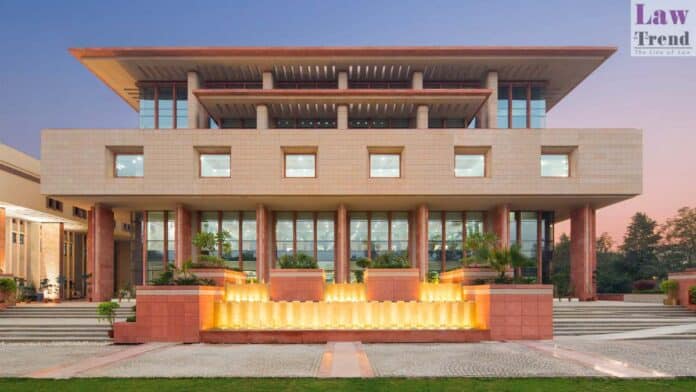The Delhi High Court on Wednesday voiced significant concerns regarding the Delhi government’s refusal to accept financial assistance from a Centre-funded health scheme, despite apparent fiscal constraints within its healthcare system.
During the session, Chief Justice Manmohan and Justice Tushar Rao Gedela found it peculiar that the AAP government was not utilizing the central funds offered, especially when it was reportedly lacking resources to maintain essential medical equipment. “You may have differences of opinion but in this case you are refusing aid… None of your machines are working. The machines have to work but you have no money actually,” remarked CJ Manmohan.
The court’s reaction came in light of a Public Interest Litigation (PIL) filed by seven BJP MPs, urging the court to mandate the Delhi government to implement the Ayushman Bharat Pradhan Mantri Jan Arogya Yojana (AB-PMJAY). This healthcare scheme promises Rs 5 lakh coverage to underprivileged citizens, which has not been adopted in Delhi, setting it apart from most other union territories and states.
“I am shocked,” CJ Manmohan expressed, pointing out the irony of the situation where the local government, described as “virtually bankrupt,” was turning down Rs 5 lakh intended for citizen welfare. The hearing has been scheduled for further arguments on November 28, allowing the Delhi government’s counsel additional time to review the claims, which he suggested might be “misconceived.”
The High Court also highlighted the ongoing issues within the Delhi administration, including uncompleted hospital projects due to funding shortages and internal discord that hampers efficient governance. “Your health minister and health secretary are not talking to each other. In that sort of a mess, you are not accepting central aid,” CJ Manmohan added.
The petitioner MPs, including Harsh Malhotra, Ramvir Singh Bidhuri, and others, argued that the non-implementation of the scheme has left many Delhi residents vulnerable to high medical expenses, often resulting in them borrowing money or selling assets to cover emergency healthcare costs.
The plea emphasized the political conflicts overshadowing practical governance, urging that “clash of political ideologies must take a back seat” for the welfare of Delhi’s residents. It highlighted that while 33 out of 36 states and UTs have implemented the scheme, Delhi remains a significant outlier due to administrative decisions.




